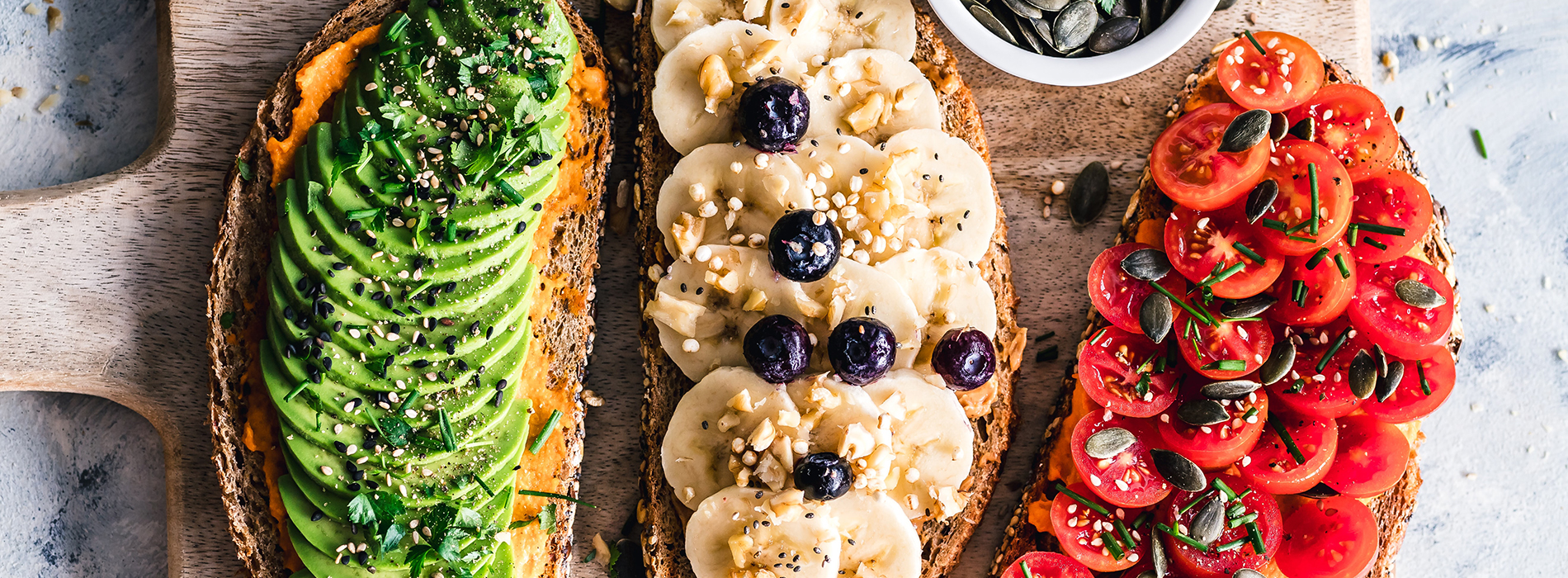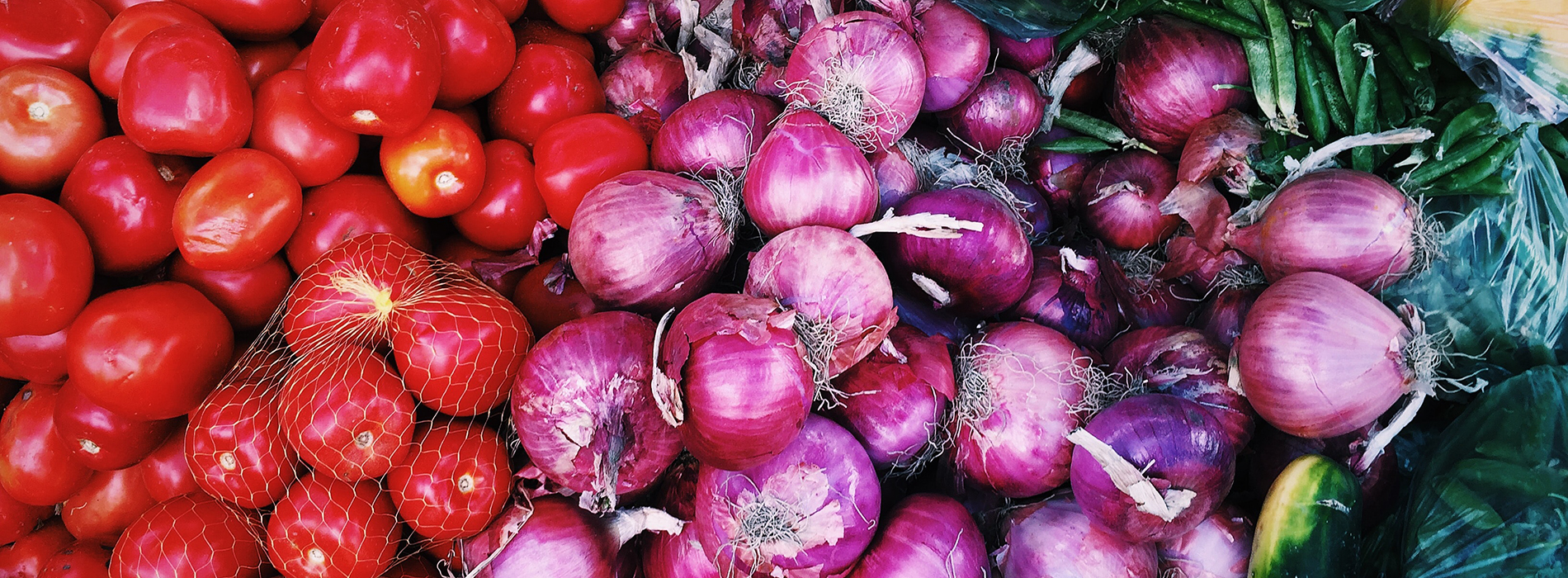The agricultural and livestock sector is responsible for emitting 15% of all greenhouse gas emissions globally.
When we hear about climate change and people’s contributions to it, most minds tend to think about familiar images associated with environmental destruction like melting icecaps, deforestation and pollution. Rarely, however, does one’s diet come up in the conversation, despite the fact that the agricultural and livestock sector is responsible for emitting 15% of all greenhouse gas emissions globally. That is roughly the same amount of emissions created by all forms of the transportation sector combined (planes, cars, ships, trains). With this in mind, it’s time to take a step back and reevaluate the impact an animal-based diet has on our environment. It is time to rethink the way we eat.



